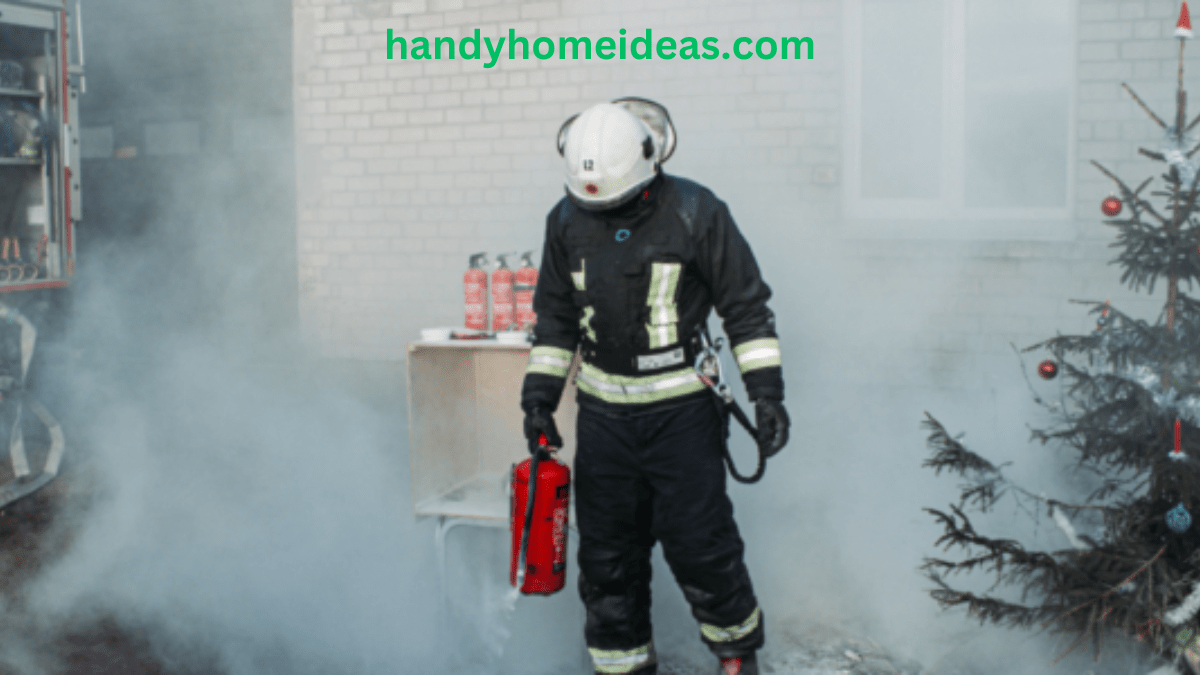Head And Face Protection
Introduction of “Guardian Shield: Expert Tactics for Protecting Your Home Against Fires”
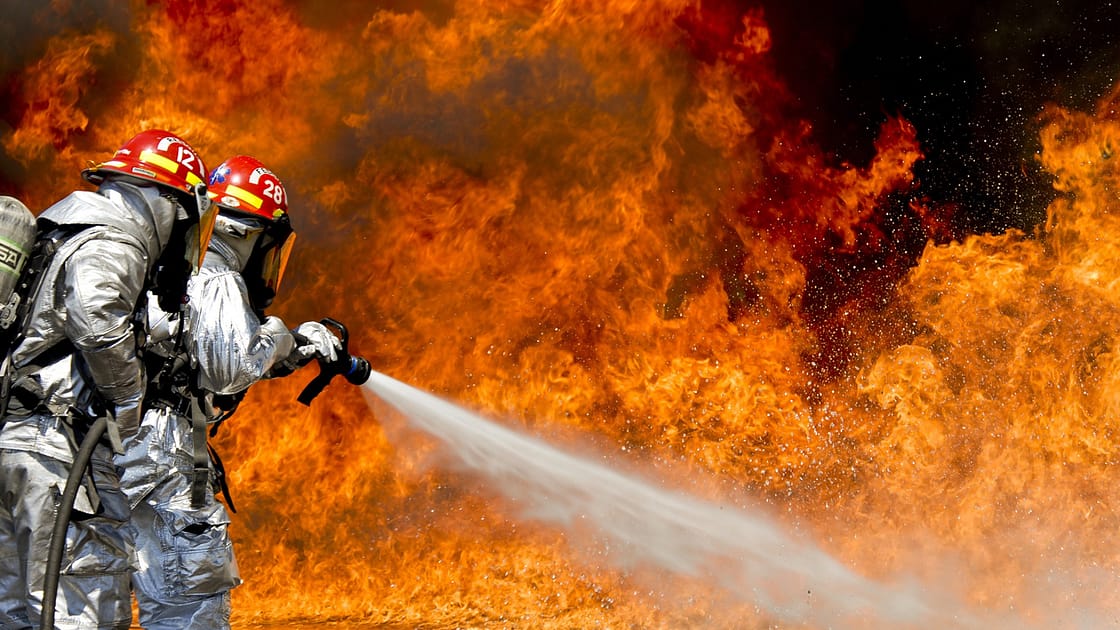
Brief Overview of Home Fire Risks
Home fires are a pervasive threat that can have devastating consequences. Understanding the common causes of fires is the first step towards safeguarding your home and loved ones. From electrical glitches to kitchen accidents, monitoring potential dangers enables homeowners to go to proactive measures to protect home against fires.
Importance of Fire Safety Measures
Implementing fire safety measures is not just a precaution; it’s a responsibility. A well-prepared household significantly reduces the likelihood of a fire turning into a catastrophe. By adhering to these thorough rules, you can invigorate your home against the most common fire risks.
Electrical Fire Prevention
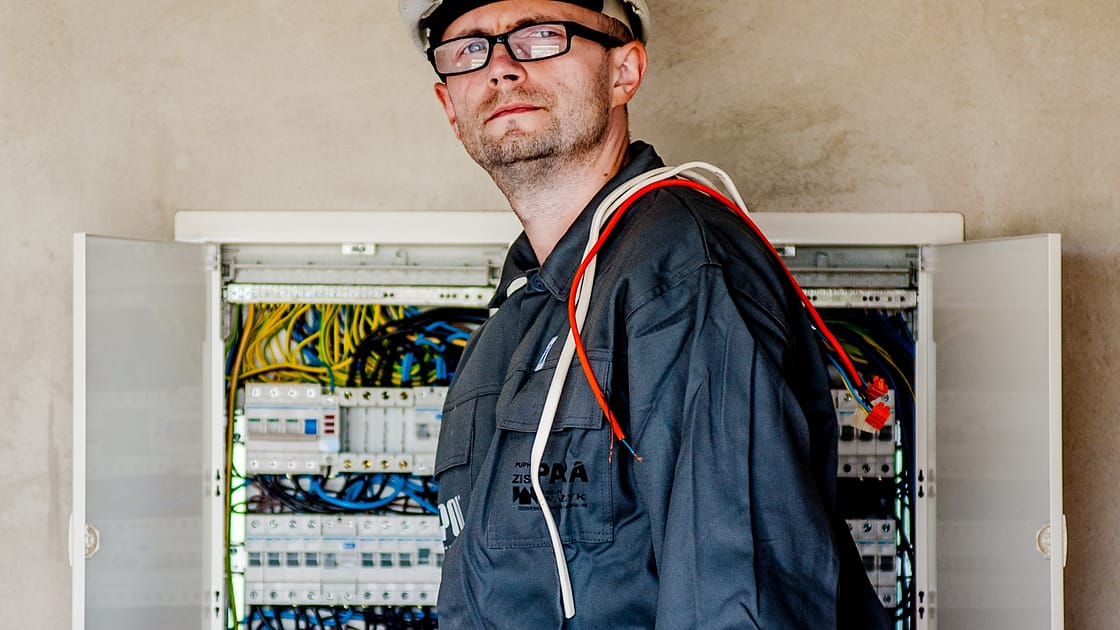
Regular Electrical Inspections
Scheduled inspections by certified electricians are important in identifying and rectifying potential fire hazards. They examine wiring, outlets, and circuit breakers, guaranteeing that your electrical framework ultimately depends on code and is protected from perils like short circuits and overloads.
Overloaded Circuits and Outlets
Overloading circuits is a common oversight that can lead to catastrophic consequences. Distribute electrical loads evenly and avoid daisy-chaining multiple devices to a single outlet. This prevents overheating and minimizes the risk of an electrical fire.
Proper Use of Extension Cords
While extension cords offer convenience, they can also be a source of danger. Avoid using damaged cords and refrain from overloading them. When in doubt, consult a professional to determine if a more permanent solution, like additional outlets, is needed.
Kitchen Safety Measures

Safe Cooking Practices
The kitchen is a focal point for potential fire risks. Always supervise cooking, especially when using open flames or high heat. Keep flammable items away from the stove, and have a fire extinguisher within easy reach.
Proper Maintenance of Kitchen Appliances
Regularly cleaning and maintaining kitchen appliances not only extends their lifespan but also reduces the risk of fire. Grease buildup can be highly flammable, so ensure that ovens, stovetops, and range hoods are kept in good condition.
Installing a Fire Extinguisher in the Kitchen
Having a fire extinguisher specifically designated for the kitchen area is a crucial safety measure. Ensure everyone in the household knows how to use it and that it is regularly inspected for functionality.
Smoking Safety

Establishing a Designated Smoking Area
If smoking is permitted in or around your home, establish a designated area away from flammable materials. Provide a safe receptacle for cigarette butts and ensure it is emptied regularly.
Proper Disposal of Smoking Materials
Discarding smoking materials improperly is a major fire hazard. Always ensure that cigarettes and matches are fully extinguished before disposal, and use fire-resistant containers.
Heating System Safety
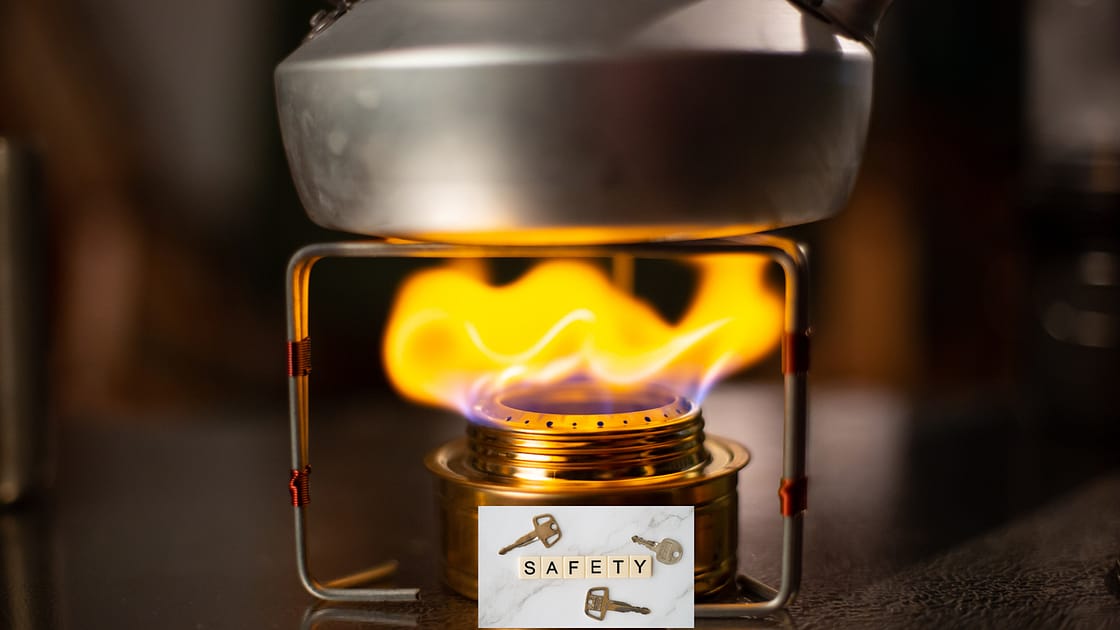
Regular Maintenance of Heating Equipment
Furnaces, fireplaces, and space heaters should be inspected annually to identify and address any potential hazards. Replace filters, clean ducts, and ensure proper ventilation to mitigate fire risks associated with heating systems.
Safe Use of Space Heaters
When using space heaters, maintain a three-foot clearance around them and ensure they are placed on a level, non-flammable surface. Never leave them unattended, and consistently switch them off when not being used.
Chimney Inspection and Cleaning
For homes with fireplaces, regular chimney inspections and cleanings are imperative. Creosote buildup can ignite, causing chimney fires that may spread to the rest of the house. A professional chimney sweep can ensure your fireplace is safe for use.
Flammable Materials Management

Proper Storage of Flammable Substances
Store flammable materials such as gasoline, propane, and paint in a well-ventilated, cool area, away from potential ignition sources. Use approved containers and follow manufacturer guidelines for storage.
Safe Use and Disposal of Household Chemicals
Household chemicals like cleaning agents, solvents, and adhesives can pose a significant fire risk if not handled properly. Follow recommended usage and storage instructions, and dispose of expired or unused chemicals according to local regulations.
Smoke Alarms and Fire Detectors

Importance of Smoke Alarms
Smoke alarms are the first line of defense in detecting a fire and alerting occupants. Introduce smoke cautions in key regions of your home, like rooms, passages, and close to the kitchen. Regularly test and replace batteries to ensure they remain functional.
Placement and Maintenance of Smoke Detectors
Head And Face Protection
Escape Plan and Emergency Procedures

Creating an Effective Escape Plan
Every household should have a well-thought-out escape plan in case of a fire. Identify primary and secondary escape routes, and establish a meeting point outside. Practice the arrangement with all individuals from the family consistently.
Conducting Fire Drills
Conducting fire drills builds up the getaway plan and guarantees everybody understands what to do in case of a fire. Practice various situations, including getting away from various rooms and utilizing backup courses of action if important.
Home Fire Extinguishers
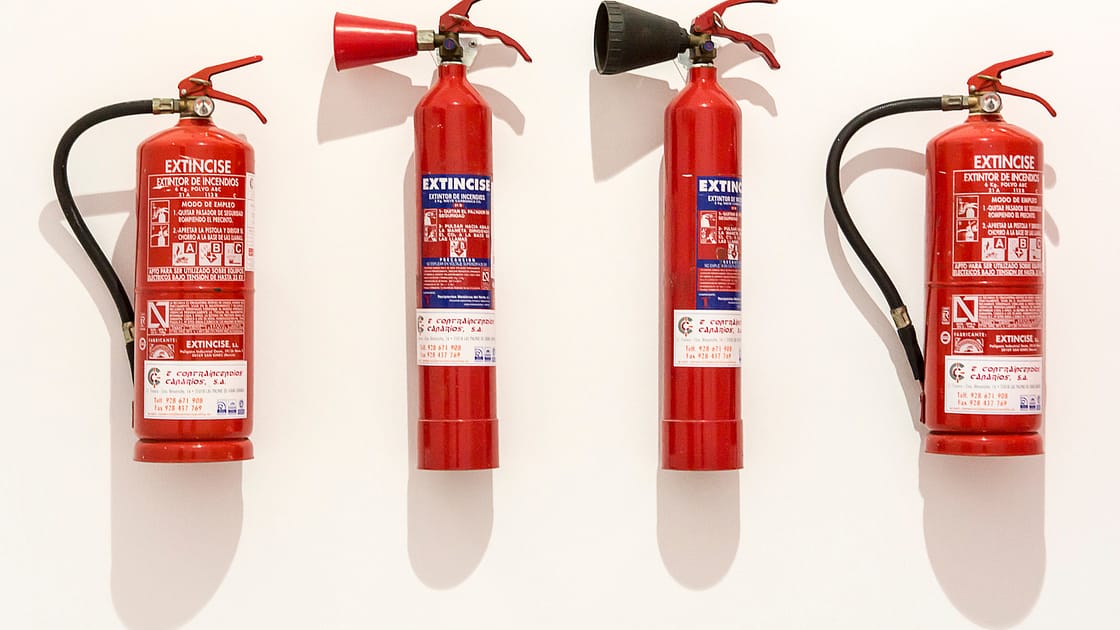
Sorts of Fire Extinguishers
Different types of fires require different extinguishers. Class A extinguishers are suitable for ordinary combustibles like wood and paper, while Class B is for flammable liquids. Class C is for electrical fires, and Class K is for kitchen fires involving oils and fats.
Proper Use and Maintenance
Dive more deeply into the PASS strategy: Pull the trigger, Focus on the base of the fire, Press the handle, and Clear from one side to another. Regularly inspect extinguishers for damage and recharge them as needed.
Fire-Resistant Materials and Construction
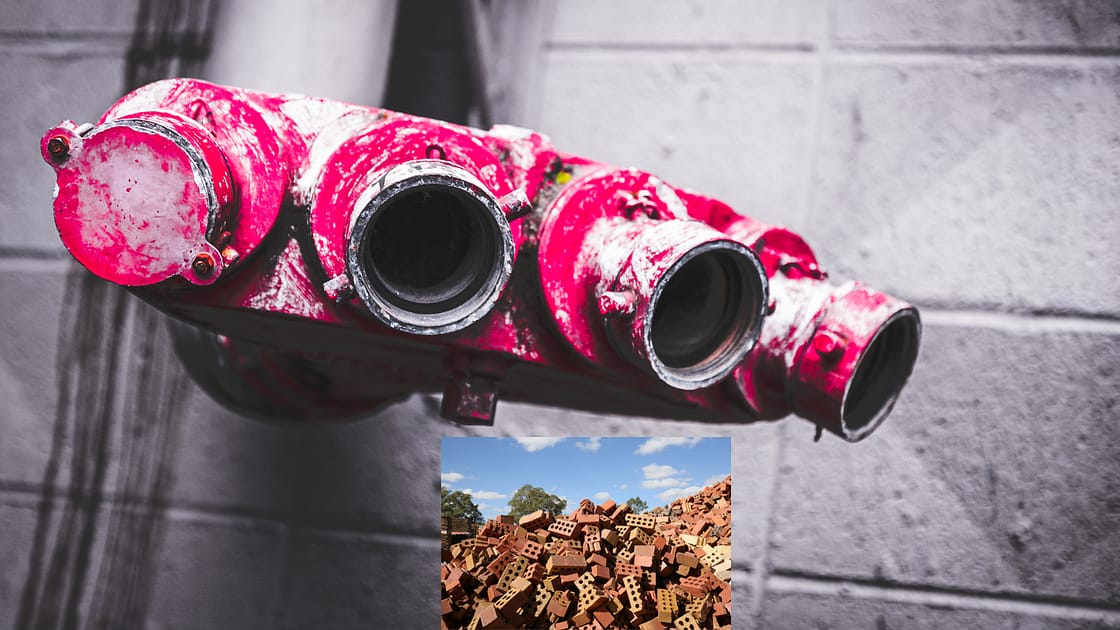
Fire-Resistant Building Materials
Integrating fire-proof materials into your home’s construction can essentially decrease the gamble of fire spread. Materials like fire proof material, siding, and insulation give an additional layer of assurance.
Fire-Resistant Landscaping
Making a faultless space around your home through essential finishing can assist with keeping fires from spreading. Use non-flammable plants, maintain a clear space around the house, and trim overhanging branches.
Pet Safety in Case of Fire

Including Pets in Your Escape Plan
Pets are essential for the family, and their security during a fire is critical. Assign a specific person to be responsible for each pet in case of evacuation. Have carriers or leashes readily accessible for quick retrieval.
Fire Safety Measures for Pets
Minimize hazards by keeping pets away from open flames, securing stove top knobs, and using flameless candles. Display a pet alert sticker near entrances to notify firefighters of the presence of pets in the home.
Staying Informed and Prepared

Monitoring Weather and Fire Alerts
Stay informed about local weather conditions and fire alerts. Subscribe to emergency notification services and have a weather radio on hand for immediate updates.
Building a Disaster Preparedness Kit
Set up a pack with fundamental supplies, including food, water, emergency treatment things, spotlights, batteries, and significant records. Keep it in an easily accessible location for quick evacuation.
Professional Inspection and Consultation

Hiring a Fire Safety Professional
Interfacing with a sure fire safety master can give huge experiences into possible risks and the best strategies to ease them. They can lead intensive assessments and propose master proposals.
Consulting with Fire Department
Local fire departments often offer free home safety inspections. Exploit this help to guarantee your house is safeguarded against fire perils.
You may also like to read “HIDDEN GEMS: UNCOVERING THE POTENTIAL IN YOUR HOME’S FORGOTTEN SPACES”
Conclusion for Guardian Shield: Expert Tactics for Protecting Your Home Against Fires

Recap of Essential Fire Safety Measures
Safeguarding your home against common causes of fire requires a multi-faceted approach. From electrical safeguards to pet safety, each action assumes an essential part in limiting dangers.
Encouragement for Proactive Fire Safety Practices
Proactivity is key in fire avoidance. By carrying out these actions and remaining cautious, you can fundamentally decrease the probability of a staggering fire occurrence.
All in all, focusing on ablaze security is an interest in the prosperity of your home and friends and family. By observing these far reaching rules, you can invigorate your home against the most common fire perils. Remember, prevention is the best protection. Stay safe.
FAQs
FAQ 1: What is Guardian Shield and why is it important for home fire protection?
Answer: It offers significant bits of knowledge, tips, and strategies to assist you with establishing a heat proof climate, decreasing the gamble of harm or misfortune because of flames.
FAQ 2: What are some key components of fire protection covered in Guardian Shield?
Answer: Guardian Shield covers fire protection measures, including but not limited to:
Effective Firebreaks: Learn how to create barriers that prevent fires from spreading.
Fire-Resistant Materials: Discover which materials are most resilient to flames and heat.
Early Warning Systems: Implement advanced technologies for early fire detection.
Evacuation Planning: Develop a clear plan to ensure the safety of your family and pets.
Proactive Maintenance: Understand how to maintain a fire-ready environment year-round.
FAQ 3: Who can benefit from using Guardian Shield?
Answer: Guardian Shield is designed for homeowners, property managers, and anyone concerned about fire safety. It’s particularly helpful for those residing in regions inclined to fierce blazes or locales where fire gambles are raised.
FAQ 4: Is Guardian Shield suitable for both urban and rural environments?
Answer: Yes, Guardian Shield provides adaptable strategies for both urban and rural settings.
FAQ 5: How can I access Guardian Shield and start implementing these tactics in my home?
Answer: You can obtain it through our website. Once you have the guide, follow the step-by-step instructions to begin implementing the expert tactics in your home immediately.

